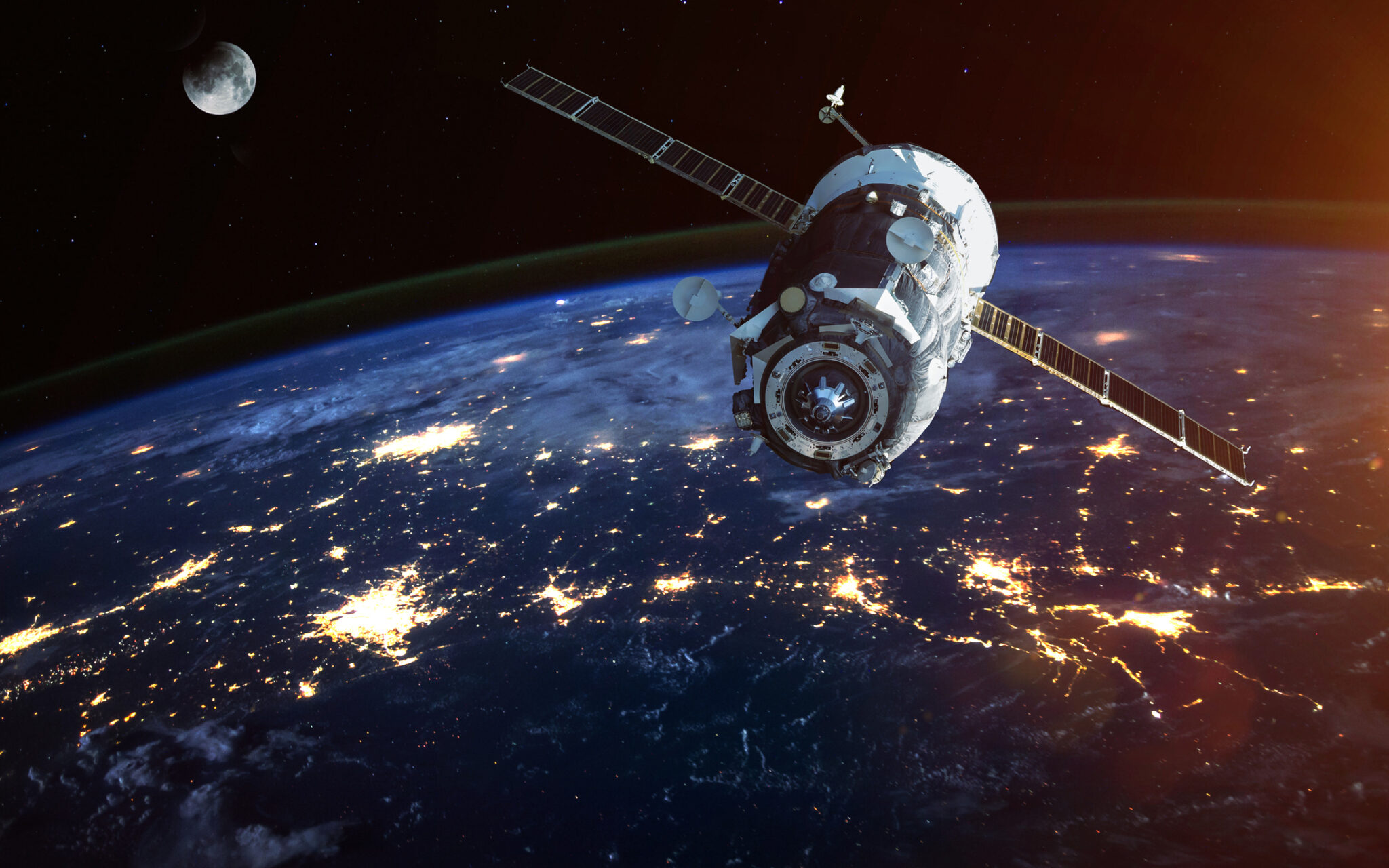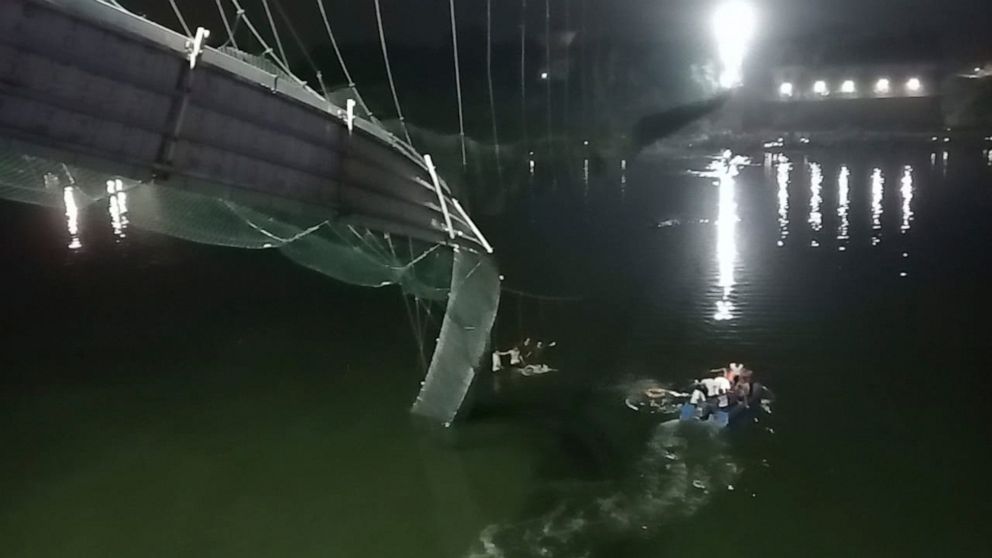Europe is a garden and most of the rest of the world is a jungle that could invade this garden. Thus spake Josep Borrell, foreign policy chief of the EU some days ago, addressing a gathering of young European diplomats. He then exhorted his audience to “go to the jungle”—“Your duty will not be to take care of the garden itself but (of) the jungle outside.”
Borrell’s words raised a stink and he had to apologize. But should we be surprised by what he said?
All that Borrell had done was explicitly articulate what should have been obvious to anyone paying attention since the war in Ukraine began—that the West and its leaders never really outgrew racism and colonialism.
In the early days of the war, correspondents from leading British and American news channels expressed shock that “people with blue eyes and blonde hair” were being killed in “a relatively civilized, relatively European country, not Iraq or Afghanistan”. An American bureaucrat flew down to New Delhi to publicly warn of “consequences” if India did not fall in line with Western sanctions on Russia.
Borrell suggests that Europe is morally superior to the rest of the world, so everyone should follow its lead: “It is the best combination of political freedom, economic prosperity and social cohesion that humankind has been able to build.” But this supposedly crowning glory of Homo sapiens has been achieved through centuries of plunder, loot and genocide on a scale unmatched in history. A vast majority of people in the world today may well believe that Europe has no right to preach to them.
In September, the EU called for a Tanzania-Uganda oil pipeline project to be scrapped, citing environmental concerns. Both countries asked the EU to back off. Ugandan president Yoweri Museveni called the EU “insufferable, so shallow, so egocentric”. A few weeks ago, in a major setback for the EU, which is already facing an energy crisis, the Organization of the Petroleum Exporting Countries (OPEC) cut production of oil. And Saudi Arabia now wants to join the BRICS club of Brazil, Russia, India, China and South Africa.
But who really owns the garden of Europe? In his speech, Borrell said that the EU is not “blindly following” the US. However, ever since the war began, it seems to be taking all its cues from Washington, while bearing much higher costs than the US. In fact, this has put all three admirable qualities of Europe that he cited at threat.
EU countries are buying gas at sky-high rates from the US and China, which is reselling Russian gas to them at a nice profit. Five weeks ago, the Nordstream pipelines, the main arteries carrying Russian gas to Europe and in which German companies have invested billions of euros, were sabotaged. This has two consequences. One, Russia loses quite a bit of the leverage it still had over Europe, which has been scrambling to find other gas supplies to tide over the winter. Two, the EU gets locked into the sanctions regime, since lifting embargoes will still keep it cut off from Russian gas transported directly and at a much lower cost. Both Russia and Europe are losers here. But someone must have scored a win.
Germany, Sweden and Denmark are investigating who could be responsible for the act, but I have a feeling that the findings of these probes will never be made public.
This war was arguably made inevitable by gardeners going to the jungle. Despite protests from Moscow, the US-led North Atlantic Treaty Organization (Nato) kept moving its military bases closer to Russia. There is incontrovertible evidence that it was the US that engineered and funded the ‘Orange Revolution’ of 2014 in Ukraine, whose Moscow-backed and democratically elected president had to flee the country. Joe Biden, then vice-president, was in charge of the US’s Ukraine policy. Soon after that change in regime, his son Hunter Biden joined the board of Burisma, a Ukrainian energy firm, at a monthly salary of $50,000. Hunter Biden had no prior experience in the energy sector.
Russia’s Vladimir Putin responded to the Orange Revolution by annexing Crimea. Ukraine descended into civil war in its Russian-majority Donbas region between the Kyiv government and a separatist movement funded and armed by Moscow. Russia and Ukraine signed the Minsk agreements, mediated by France and Germany, to end the fighting, with Kyiv promising to grant some autonomy to Donbas. But Kyiv reneged on that deal and Nato began to supply high-grade weapons and training to Ukraine’s military. The moment Joe Biden became US president, he started speaking about a possible Russian invasion of Ukraine. When Ukrainian President Vladimir Zelensky announced that he would apply for Nato membership, he knowingly crossed a line in the sand that Putin had drawn years ago.
Today, Europe is headed towards a deep recession due to the Ukraine war. The garden is under a severe attack of blight. But the gardeners themselves are responsible, to a fair extent, for the damage. Millions of people in Europe are having to bear hardships because their leaders are working to fulfil an agenda aimed at constraining Russia that was hatched in Washington many years ago, though Putin’s Russia presented no threat to the EU. Europe is going into a decline. And it will not recover unless its leaders realize that the age of their empire is long gone, and that their notions of superiority and global influence are an illusion.
Sandipan Deb is a former editor of ‘Financial Express’, and founder-editor of ‘Open’ and ‘Swarajya’ magazines
Download The Mint News App to get Daily Market Updates.
More
Less














